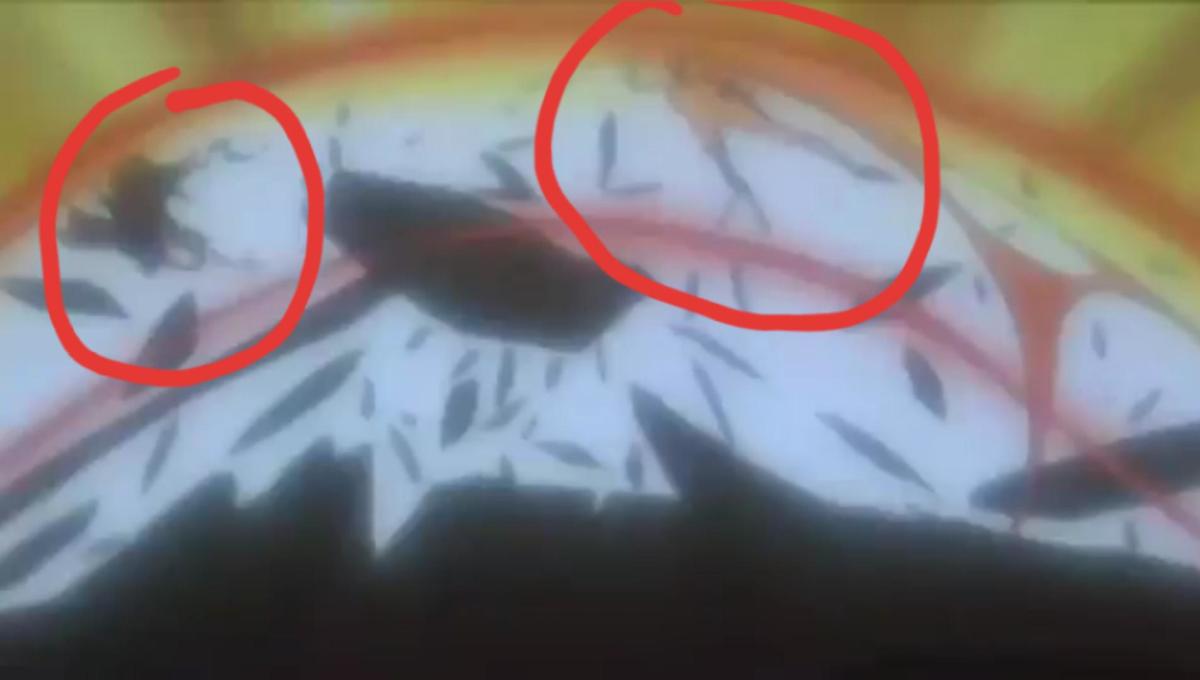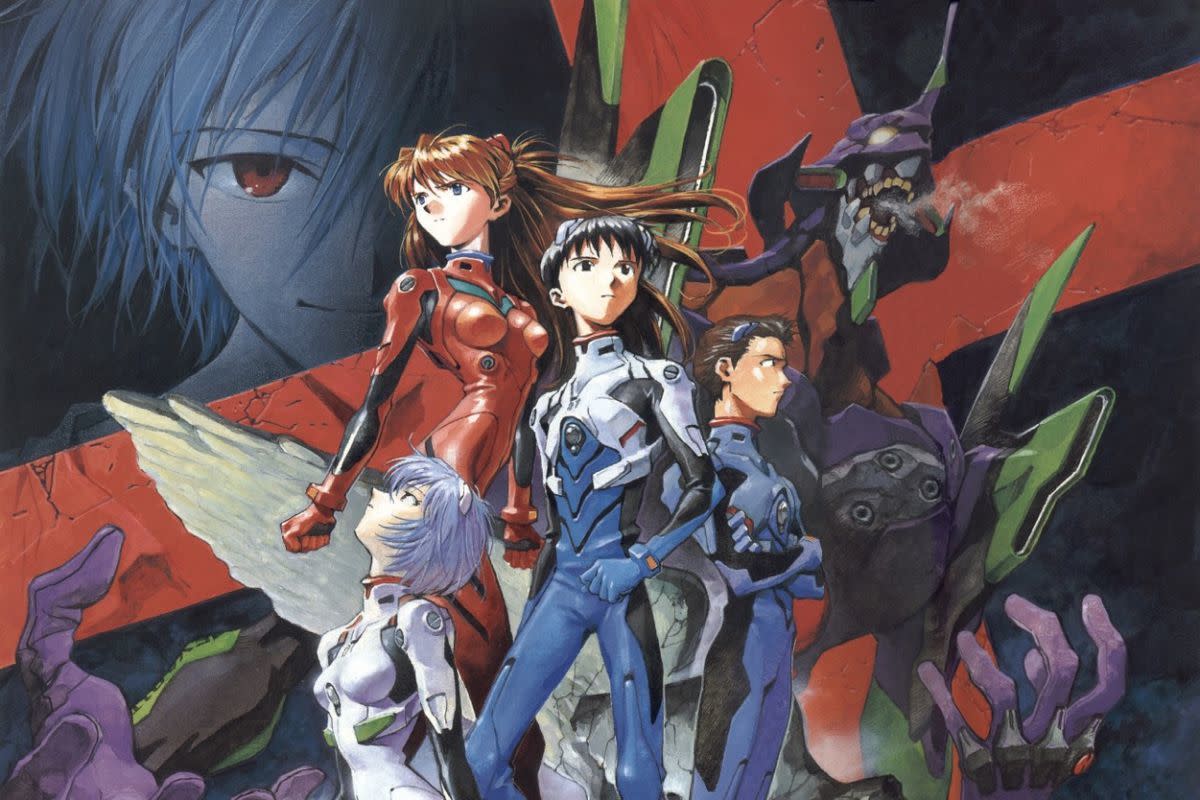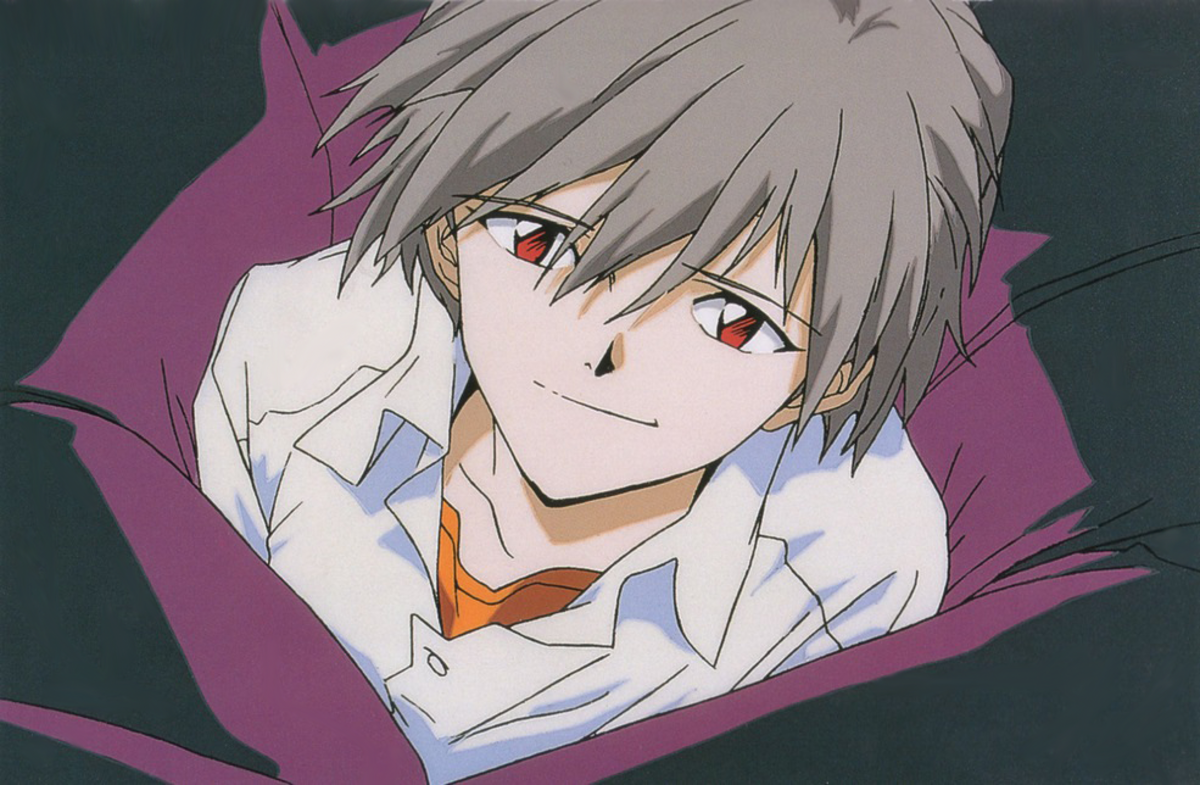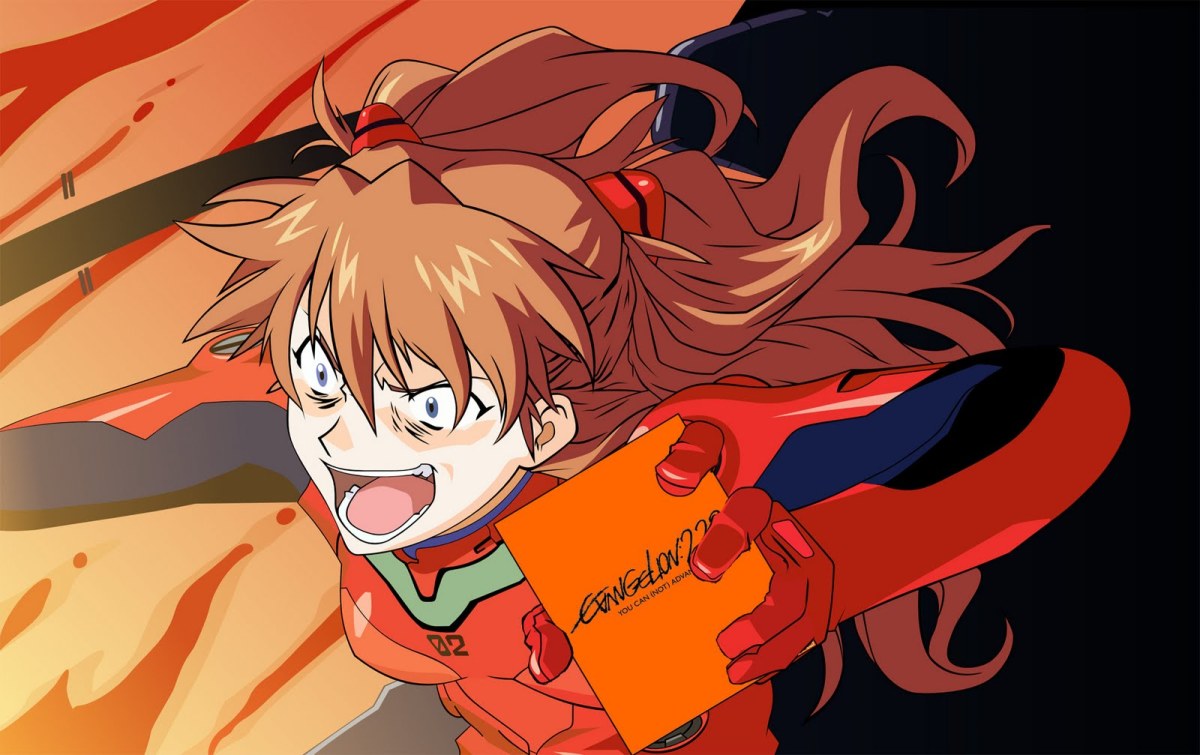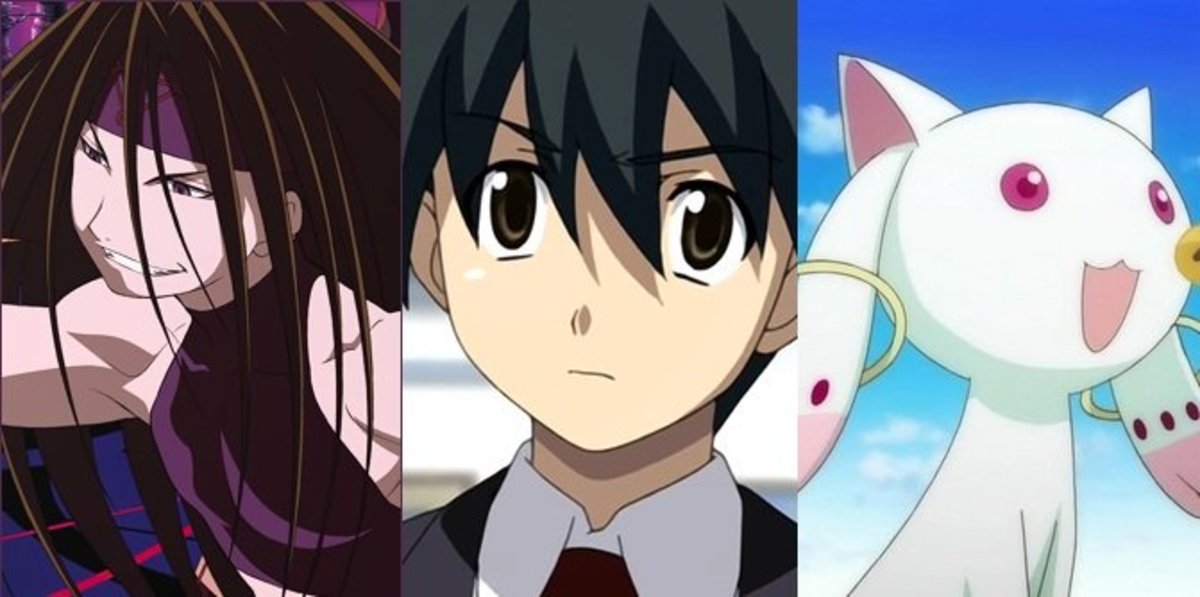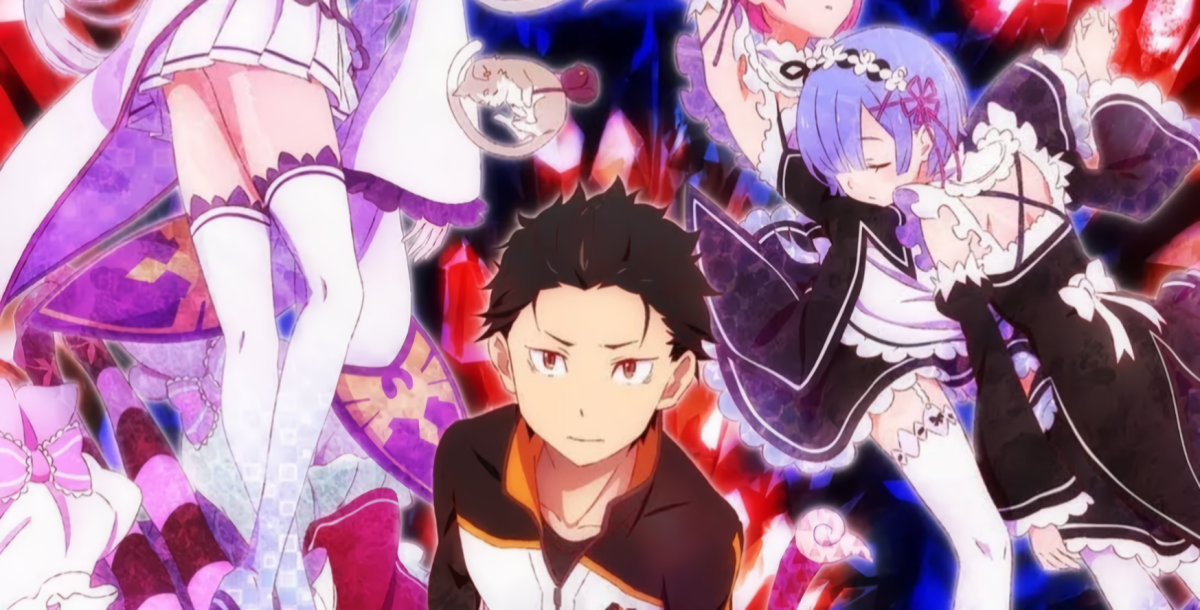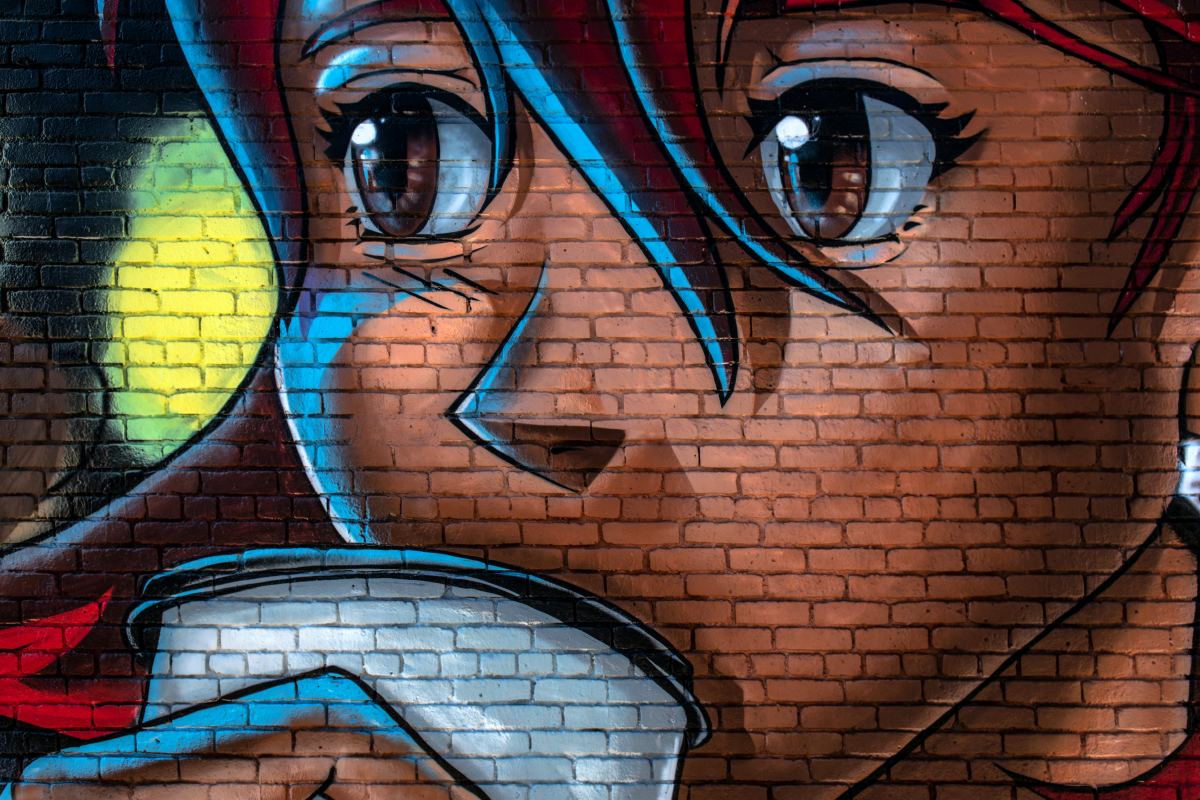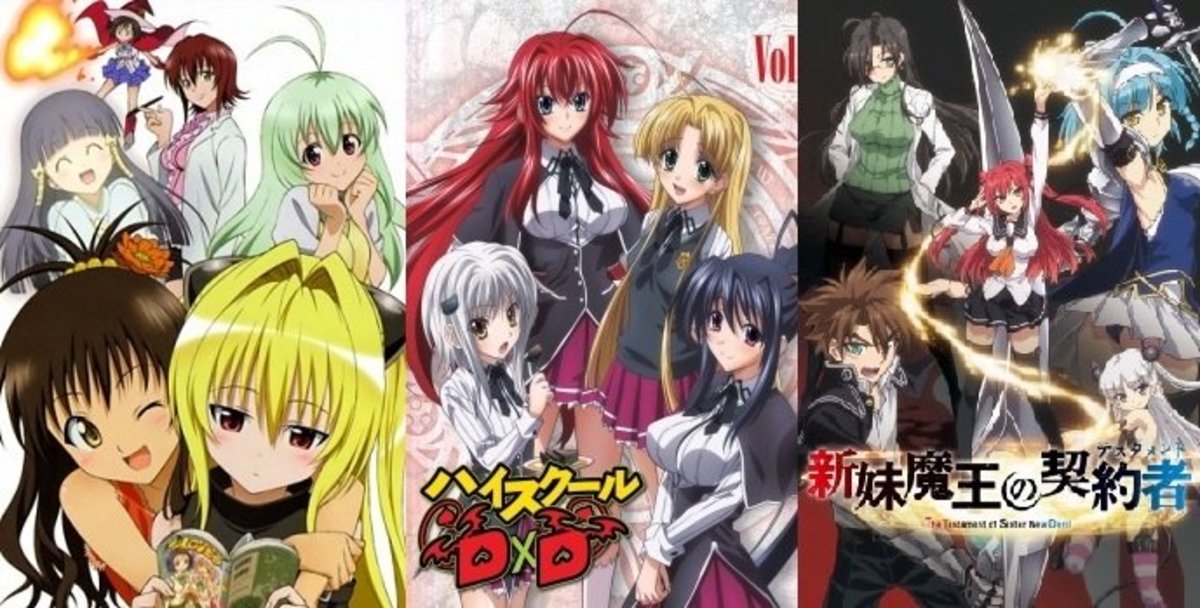Anime Reviews: Rebuild of Evangelion 3.0: You Can (Not) Redo
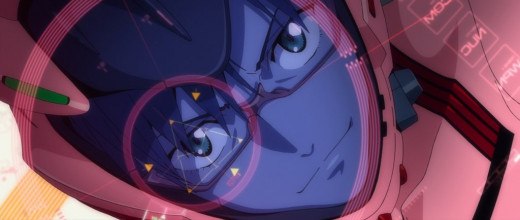
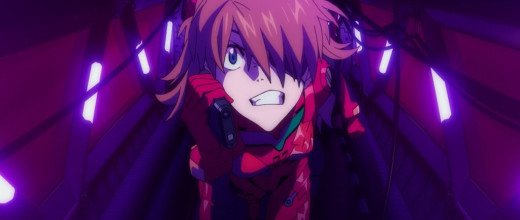
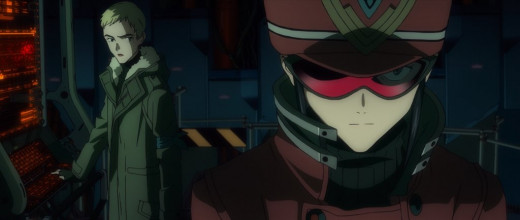
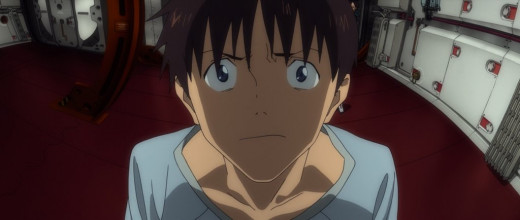
Rebuild 3.0 sports the usual flawless aesthetics while making some extremely bold decisions in its story, but its ambition ultimately becomes its own undoing.
Title: Rebuild of Evangelion 3.0: You Can (Not) Redo a.k.a. Evangelion Shin Gekijouban: Q
Genre: Action/Drama
Production: GAINAX / Studio Khara / KlockWorx
Film Length: 96 minutes
Air Dates: 11/17/2012
Age Rating: 17+ (strong violence, mild language, dark or disturbing thematic elements)
Summary: In the aftermath of the battle with the Tenth Angel and the Near-Third Impact, Shinji awakens to find himself in a hospital bed. He had been extracted from Evangelion Unit 01's core after Asuka and Mari destroy the containment chamber that sealed him in--clearly, some time has passed. In fact, Shinji learns that roughly 14 years have passed since his last battle. The Third Impact was initiated because of Shinji's actions, mankind is on its last legs, and NERV has splintered into two factions: those few who still follow Gendou and SEELE, and the majority who have sided with Misato as part of a new organization, WILLE. Now, with the world itself unrecognizable to him, and with no one to turn to now that Rei seems to have gone missing, Shinji must find a way to undo the damage he's done or collapse under the weight of his despair.
The Good: Brilliant art and animation; perfect score; ambitious setting and plot create ample mystery and wonder
The Bad: Ambitious setting and plot comes at the cost of coherence; sags in the middle; characters regress instead of progress
The Ugly: Contains absolutely none of the material shown in 2.0's teaser trailer
I cannot tell you enough how much I eagerly awaited this film's release. The very second 2.0 came to an end, I was grinding my teeth and stamping my feet in anticipation for the third entry, and I had to wait for over two and a half years. Now that it's here and I can watch it in all of its glory in the comfort of my home, all I can say is, "Eh." And that about sums the whole affair up, because really, I should have known better than to think 2.0 could be topped. That's not to say this film is terrible, but it was most definitely a disappointment.
Let's not be so dour and start off with the film's good points, of which there are quite a few. First of all, if the first two Rebuild films were what I'd call beautiful (and they are), then 3.0 makes them pale in comparison. The artwork is bright, clear, bold, and full of color, while the many new mechanical designs are giant slices of awesome. The animation, likewise, aims to impress with plenty of attention given to subtle nuances and lifelike movements, as well as interesting visual effects to accompany the various story elements. Basically, the film looks real purty, and often left my jaw dangling open. I am honestly quite curious as to how 4.0's animation is going to top this, now, because it's gonna be a tough act to follow.
On the other side of the aesthetics coin, the film's soundtrack is full of great stuff, including the foreboding "The Wrath of God, in All Its Fury," the intense battle theme lifted from Shiro Sagisu's other work in Nadia, "God's Message," the purposeful "Ultimate Soldier," and the towering, bombastic, uplifting epic that is "The Anthem," also inspired by a track from Nadia. Basically, sweeping orchestras and huge choirs is the name of the game. After all, everything about this film is big and bold, so is it really any surprise that the soundtrack follows suit?
And yes, that applies to the story, as well. 3.0 has lofty ambitions that introduce new environments, new characters, and new concepts to us. We get to see new places like the decrepit NERV Headquarters, the battleship said to be able to kill a god Wunder, and also space! We also meet the crew of the Wunder, comprised half of familiar characters (Misato, Ritsuko, and the "bridge bunnies") and new ones (Kitakami, Takao, and Toji's sister Sakura). In addition, those familiar with the original series and wanting more development and/or purpose for Kaworu are in for a treat; not only is he in the film longer than he was in the TV series, but his impact on the story is far more obvious and also more...how should I say, competent? We also get some explanations of concepts present and hinted at in the series since its inception, but is only now being addressed. For example, the truth behind the Evas' synchronization is finally given to us straight, instead of danced around or vaguely implied. It was just nice to finally hear it straight from the horse's mouth, so to speak. As mentioned, there are also a ton of new ideas and new events thrown out there to explore, and while that's all fine and good, it does come with its own set of downsides...
For instance, when you fail to explain what many of these new things are, it ceases to be interesting and, instead, quickly becomes tiring. What in the bloody hell is a "Door of Guf"? I sure don't know, and apparently neither does the film. Why does Rei not remember the events of the last film? Even if we draw the obvious conclusions of her circumstances, it still doesn't explain how this loss of memory has only occurred for the first time just now. And even then, why is she so different? No explanation is ever given. Whatever happened to the rest of the Angels? Eh, who knows. Where did Misato and crew find the technology to build the Wunder? For all the film tells you, you'd be just as well assuming either Mexico or Middle-Earth. But wait a minute, 2.0 ended with the Third Impact being averted, so why was it not averted in this film? Also, is the film implying SEELE aren't humans anymore? What are they, then? Wait, Fuyutsuki's still alive even though he's probably in his 90s living in a hellhole of a world? Wait, Misato and Co. refuse to tell Shinji anything and act surprised when he doesn't know anything? Ya got holes, movie. Big holes I could pilot the Wunder through.
You know what else doesn't help? 30-ish minutes of very little happening, right smack dab in the middle of the flick. As soon as Shinji makes it to NERV HQ, all action ceases. He meets Kaworu, they have some bonding moments, and that's about it. All care for pacing is just thrown out the window. That's all I have to say about that, so let's move on.
By the way, whatever happened to Shinji growing a backbone? You know, at the end of the last film and oh-so-subtly long before then? Sure, he starts out with some conviction and a desire to help others, and that's great, but the ending ruins that. I thought we were moving away from the useless meat-bag Shinji from End of Evangelion, and now he's back in full force? For some reason, all of Shinji's development has been voided, and he's not even the only one treated this way; Mari does absolutely nothing despite ample opportunities to develop her, instead relying on a couple quirks to masquerade as a personality, and Asuka's awkward affection for Shinji just vanishes without a trace, forcing her character to revert back to a two-dimensional know-it-all with an attitude problem. I guess the characters were all but forgotten during the draft rewriting process, because their state of development in this film is nothing short of shameful.
I dunno. 3.0 just let me down in so many ways that it's hard to enjoy the things it does well because they're being equally matched by the things it does wrong. I wanted to see Shinji continue to mature, and I wanted to see him overcome the trials set before him, but all I got instead was an incredibly ambitious film that forgot to distribute said ambition equally between its setting, story, and characters. I'm hoping things improve in the upcoming finale, as the first two films help to encourage me that it will be a terrific finale indeed, but the unevenness present here is giving me legitimate cause for concern...
Final Score: 6.5 out of 10. While Rebuild of Evangelion 3.0: You Can (Not) Redo continues to up the ante in terms of mind-bending animation, memorable music, and ambitious setups, the same sadly cannot be said for its muddled pacing, half-baked storyline, and woefully-neglected characters.

